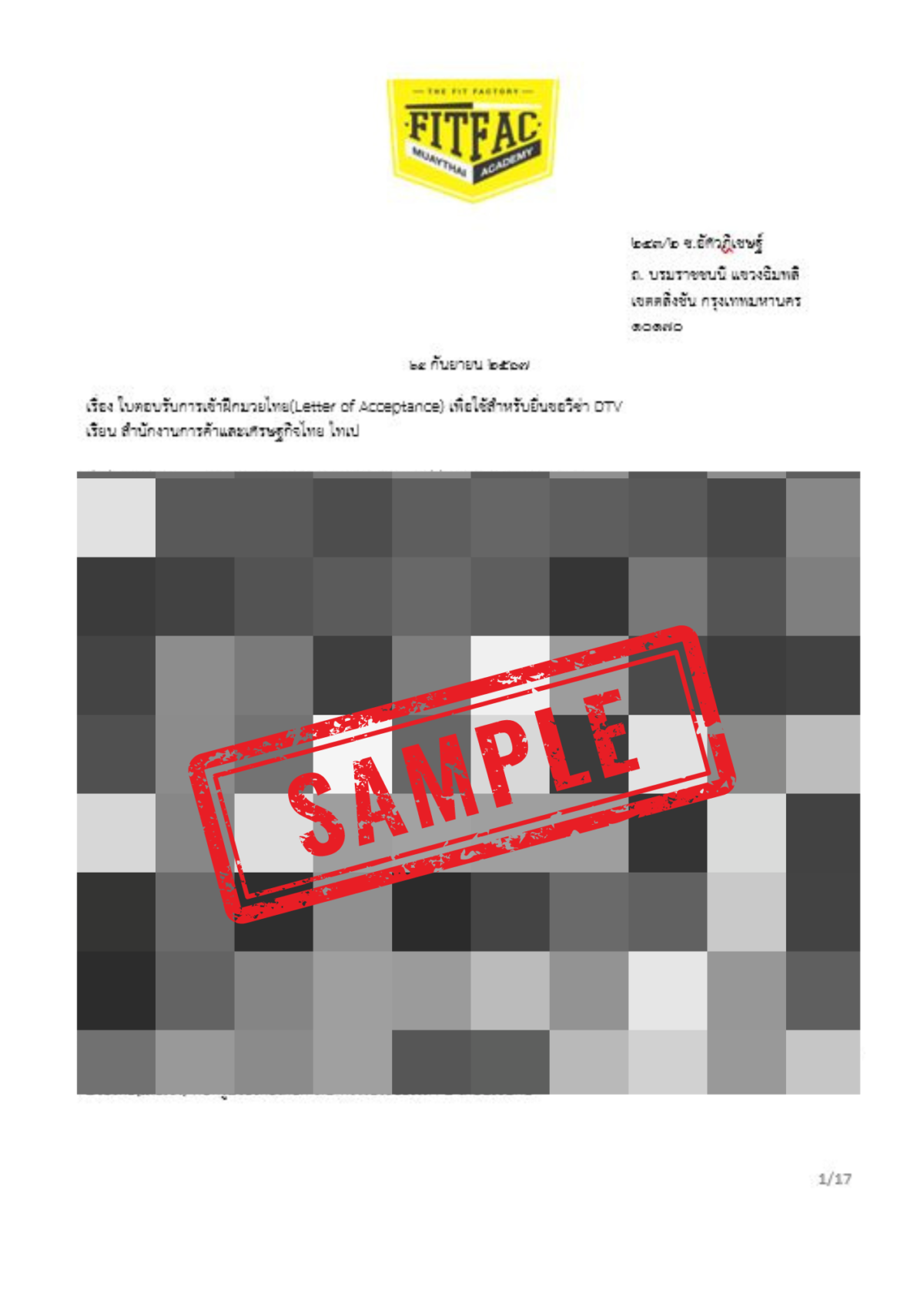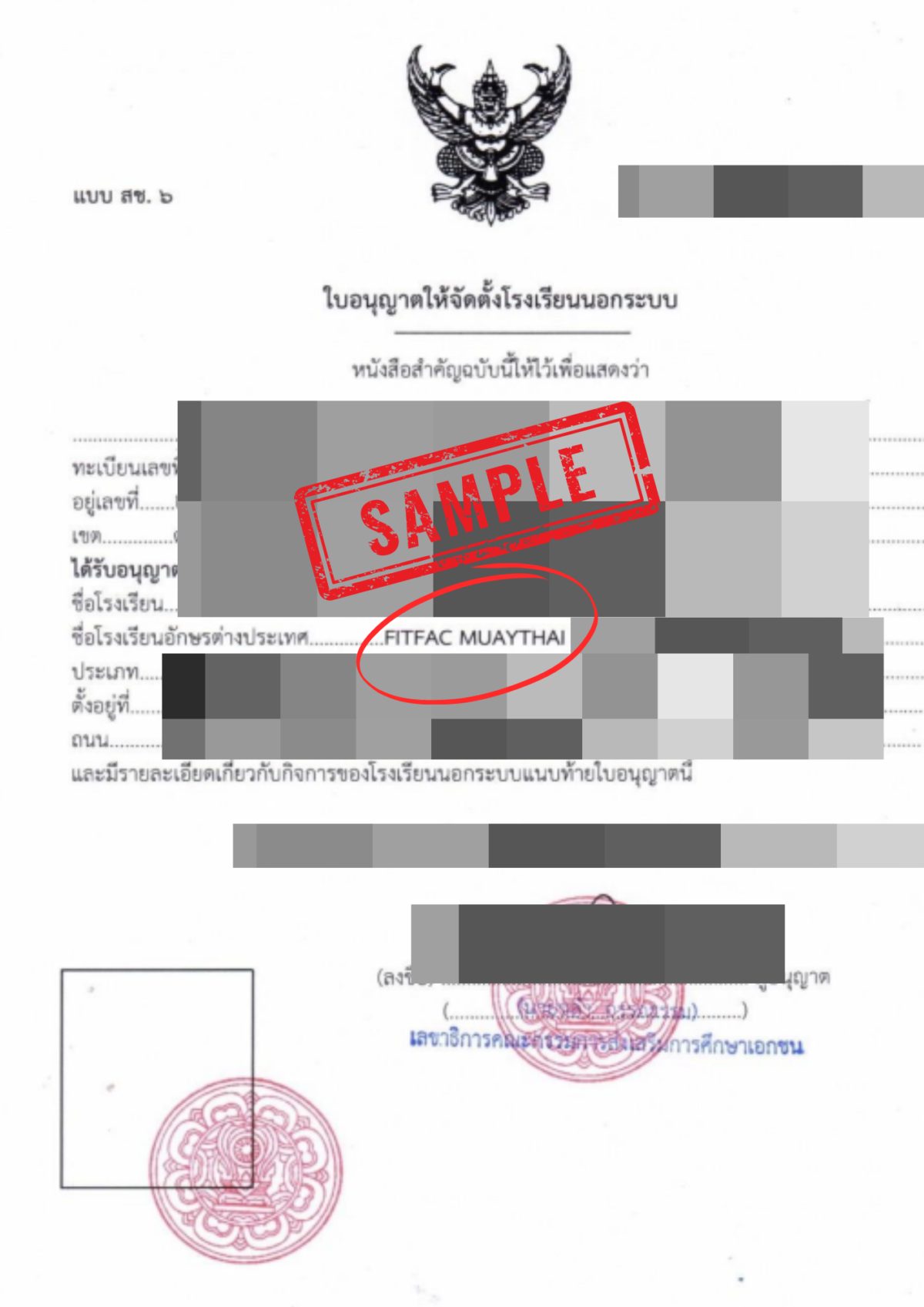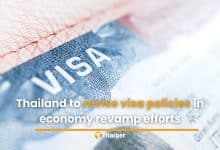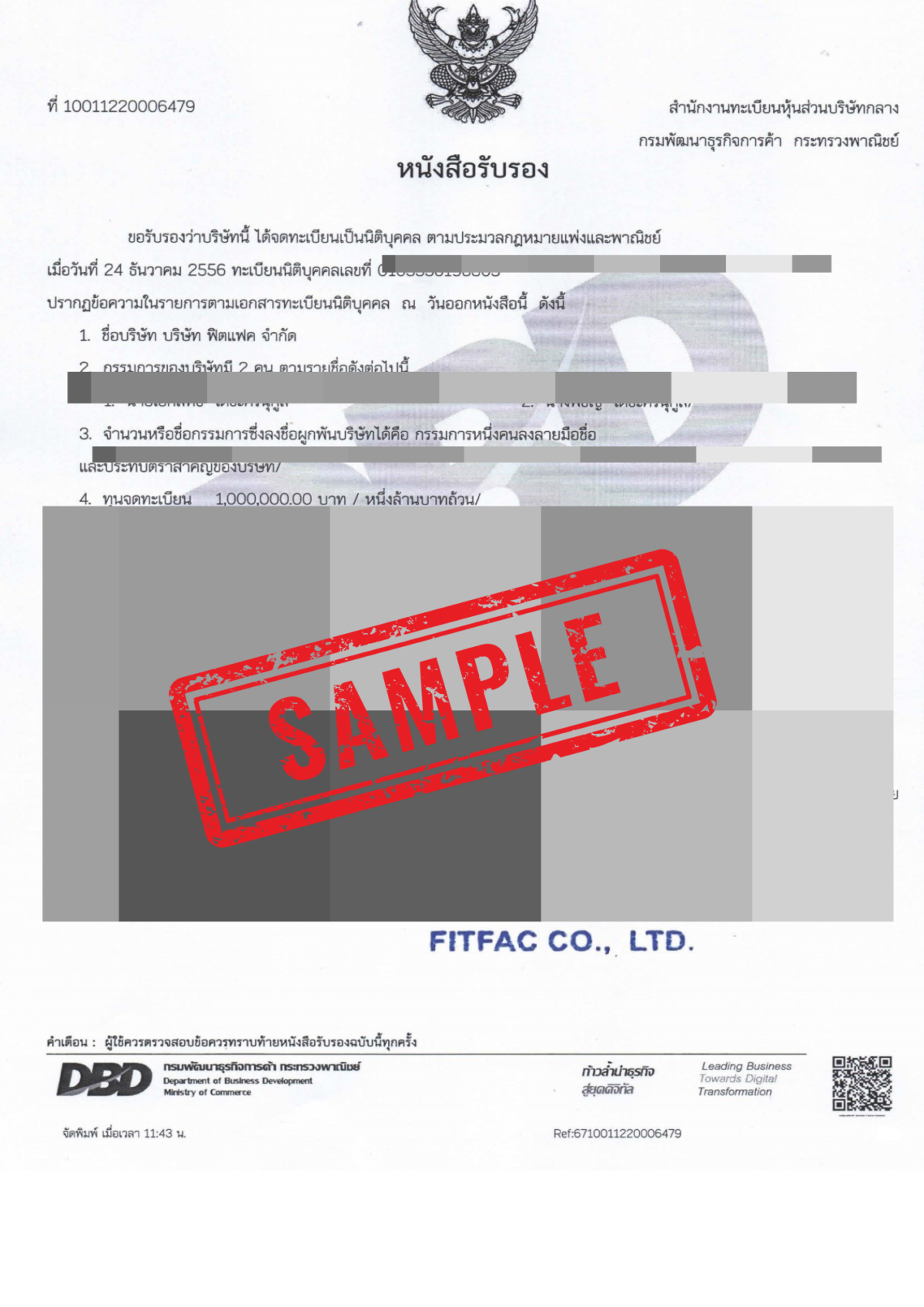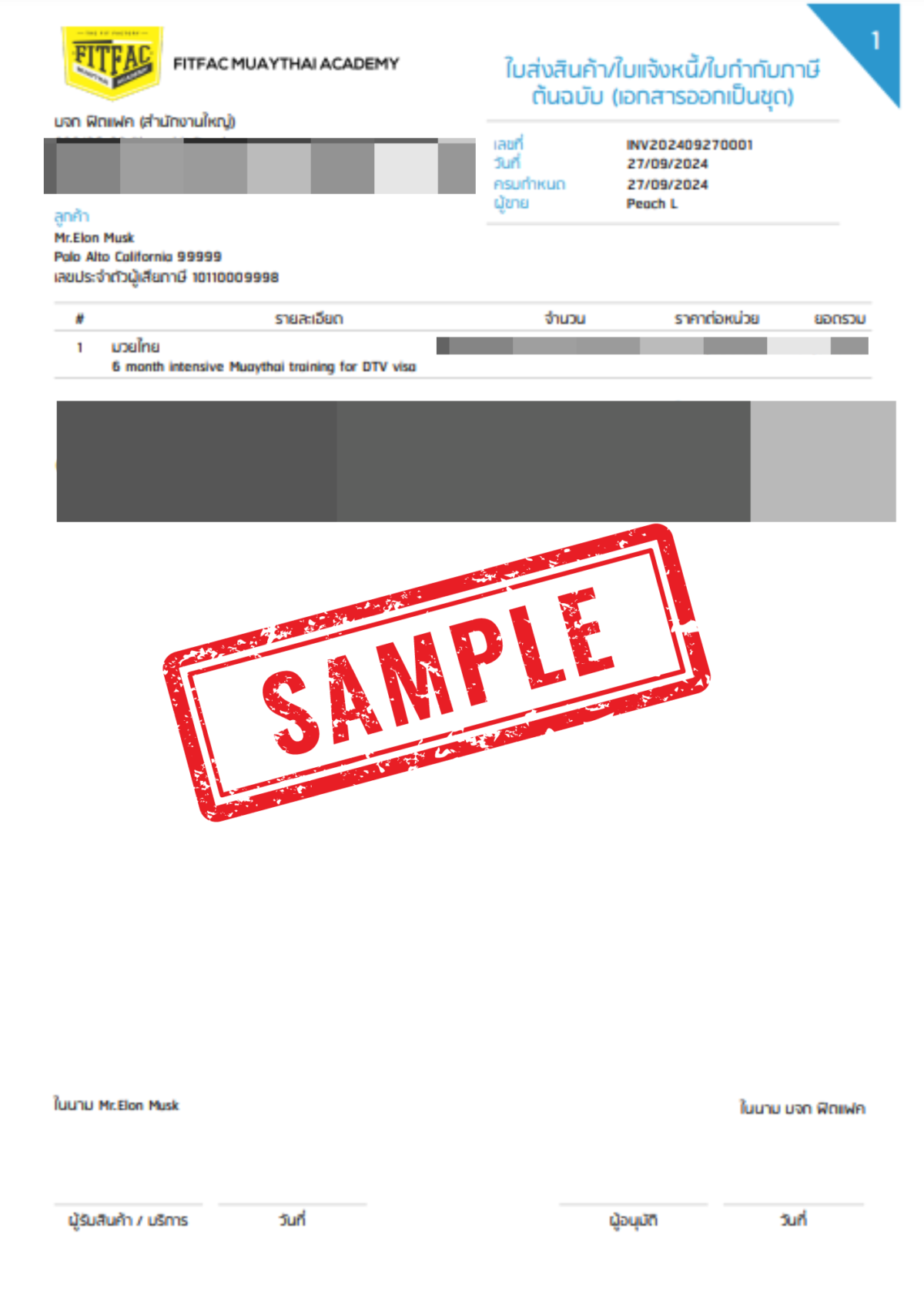Kickstart your DTV Visa journey: Train in Muay Thai, stay in Thailand

Thailand has just introduced the Destination Thailand Visa (DTV), an exciting new option that allows expats and travellers to stay for up to five years without the hassle of frequent renewals. Ideal for those wanting to dive deep into Thai culture, the DTV offers three main qualifying routes:
- Workcation – Tailored for digital nomads, freelancers, and remote workers.
- Soft Power – Focus on activities like Muay Thai training or cooking schools.
- Spouse and Children – For those wishing to bring their family along.
While the Soft Power option, particularly Muay Thai training, is appealing to many, there’s some confusion about the exact documents needed to qualify. Official guidelines only mention an acceptance letter for participating activity, which has left many applicants unsure of what’s required.
What you really need
To clear up the confusion, the experts at FITFAC Muay Thai Gym have given their insights into the visa. FITFAC has successfully supported over 50 DTV visa applicants and here’s their list of the essential documents you’ll need for the DTV visa through Muay Thai training:
- Acceptance letter: This letter should include your full name, passport number, nationality, and start and end dates for your training, and must be addressed to the specific embassy where you’ll apply.

Letter of acceptance - School certificate or gym certification: A certificate from the Ministry of Education or a certification from the Board of Boxing Sport is required to prove legitimacy. (FITFAC provides both certifications.)

Certificate of recognised Muay Thai school from the Ministry of Education - Business registration documents: The gym’s business registration must match the name on the school or gym certificates, which confirms the institution’s legitimacy.

Business registration - Receipt with tax ID: You’ll need a valid receipt with the gym’s tax ID number and your name.

Full tax receipt - Authorised signature: A copy of the Thai ID from the authorised signatory (usually the gym owner or camp leader) who must be a Thai citizen is also required.
Once you have collected all the required documents from a registered Muay Thai gym, you need to combine them into a single PDF file and upload it to the Thai eVisa website.
Why the documentation has become stricter
When the DTV visa was first launched, only an acceptance letter was needed. However, embassies now require a full set of documents to prevent fraudulent applications. Failing to provide all the necessary paperwork can result in a rejected application—or worse, blacklisting.
Choose your Muay Thai gym wisely
If you’re applying for a DTV visa through the Muay Thai training route, it’s essential to select a fully certified and 100% Thai-owned gym. Some gyms might offer a cheap acceptance letter without the full set of documents and this could put your entire visa at risk. Ensure that the gym you choose can provide all the necessary certifications and documentation.
Expert guidance on your DTV visa
To help simplify the visa process, FITFAC created a dedicated website at dtvvisathailand.com which offers expert guidance on the DTV visa. The site provides a clear, step-by-step breakdown of what’s required and how to avoid common mistakes, making the application process easier and more streamlined. For anyone looking to apply for the DTV visa, this is an invaluable resource.
If you’re considering Muay Thai as your DTV route, FITFAC Muay Thai Gym is one of the best choices. FITFAC is the largest Muay Thai gym in Thailand, with over 11 locations in Bangkok, Nonthaburi, and Pathumthani. It has operated for more than 10 years and is especially popular among local Thais who are absolute beginners in Muay Thai. The gym’s facilities are fully air-conditioned and conveniently located next to sky train and subway lines, making it easy to access.
For expats interested in learning Muay Thai, you can drop by any of their locations or visit fitfacmuaythai.com/en for more details. With its long-standing reputation and experience, FITFAC is well-prepared to guide you through both your training and your visa process.
Press Release
Latest Thailand News
Follow The Thaiger on Google News:
